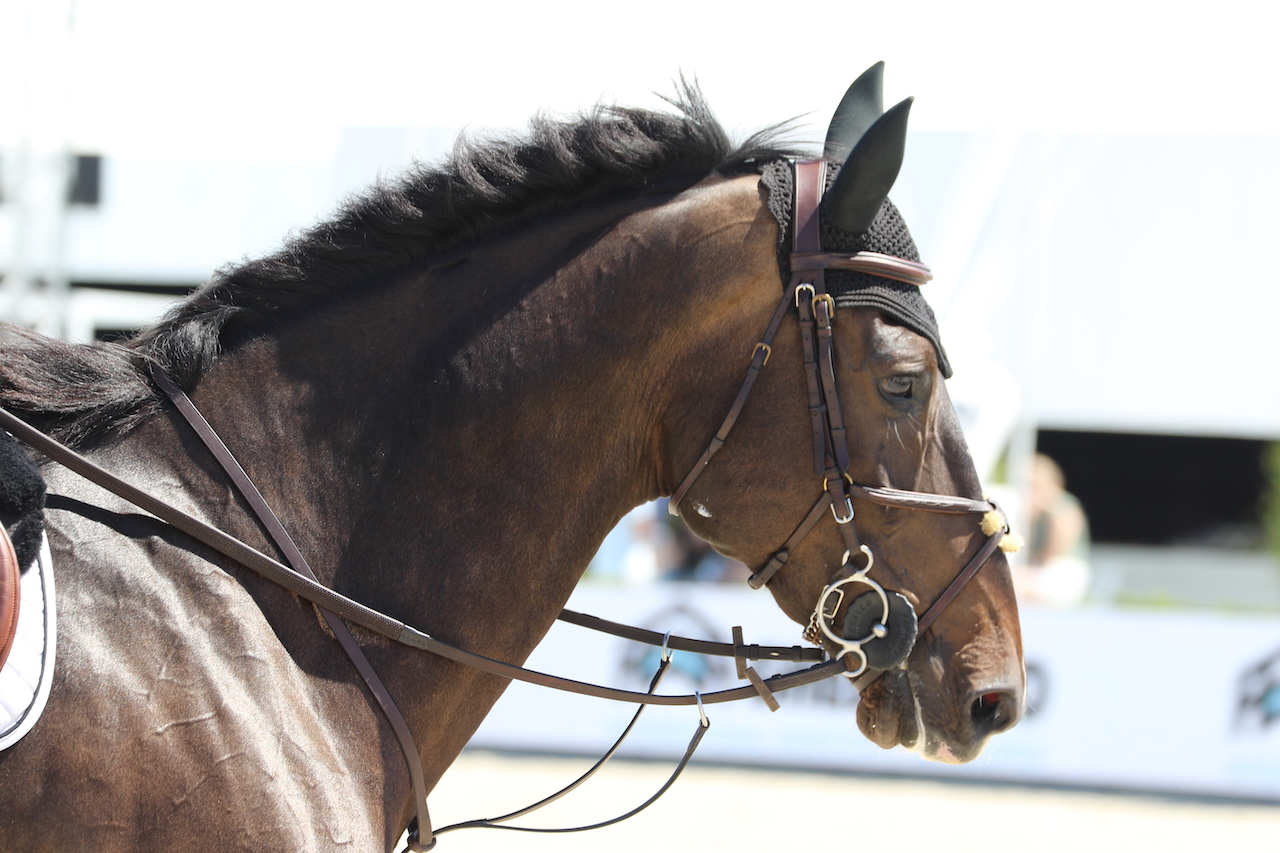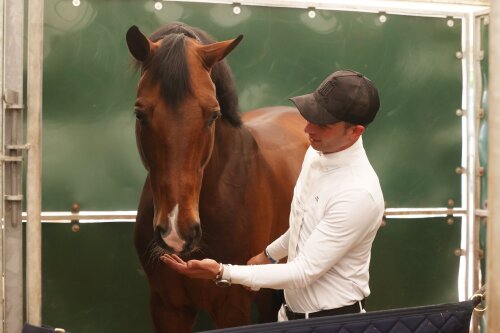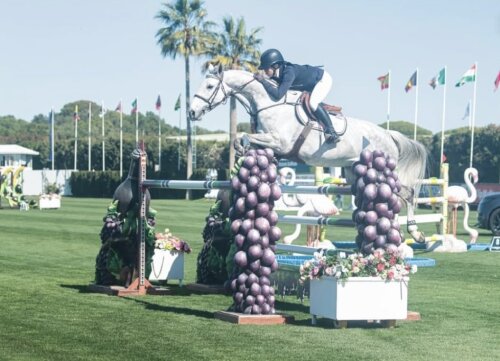In Valencia last Sunday, the competition was halted headlong after a suspected case of rhino surfaced. After investigation, the fears were confirmed: on Wednesday, 19 horses were infected with the virus. In the meantime, everything possible is being done at the competition venue to prevent the virus from spreading further; however, some horses have already left for their 'homeland'. But, is that a smart decision? We spoke to some of the players involved.
"It is indeed true that more and more cases of rhino have been appearing in other places in Europe in recent days," a veterinarian confirmed to our editors. "Whether that rising number of cases is also effectively linked to horses left in Valencia is difficult to ascertain. On February 5, there was already a rhino outbreak in the south of Belgium before there was any talk of the disease in Valencia. So where exactly the rhino outbreak in Spain came from is difficult to determine. It is possible that the virus 'originated' there but just as possible the contamination came from another country," she says.
A rider who just returned from Spain says that his horses were tested twice, once on Spanish soil and once when he came home: "My horses were already at home when the outbreak was confirmed in Spain. I then immediately had my horses tested. They showed no signs of disease but I wanted to be on the safe side. The first results were negative. I am now going to repeat those tests next week before I start competing with my horses again. Of course I don't want to endanger the health of other horses either," he says.
"Caution is indeed required," Equitom also echoes. "The first symptoms that occur are high fever, coughing and snot. In that case, it is usually type 4 of the herpes virus. The other variant is more serious: among other things, it causes abortions in pregnant mares and affects the neurosystem. This can cause the horse to become completely paralyzed. If your horse shows symptoms, it is of the utmost importance that you consult your veterinarian as soon as possible; the virus is transmitted through direct contact between horses so that contact should be mentioned. A sick horse should be put in isolation as soon as possible. If there is a sick horse in the barn, the entire barn must be quarantined and the horses may not leave the barn under any circumstances. Competitions or training are excluded for ALL horses in the barn in this case. This quarantine will last four weeks".
This is also confirmed by Christophe Schlotterer, veterinarian, to Grand Prix: "We haven't quite recovered from one virus and there's already another one rearing its head. I think we should not take this lightly, several horses have left Valencia for other competitions or home. So it is possible that the virus has been spread further. My advice? I think we have to remain vigilant. If you are not on the track yet, I would even recommend to cancel your concours in the south but of course that is each rider's own decision," he concludes.
Source: Grand Prix / Equnews / Equitom



